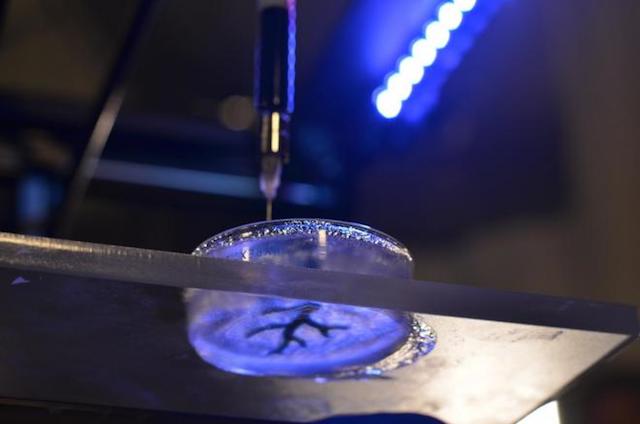Science Advances
See the following -
AAAS Launches Open-Access Journal
Joining a herd of other scientific societies, today AAAS (publisher of ScienceInsider) announced that it will launch the organization’s first online, fully open-access journal early next year. The new journal, called Science Advances, will give authors another outlet for papers that they are willing to pay to make immediately free to the public. Read More »
- Login to post comments
AAAS Selects Copyright Clearance Center to Handle Article Processing Charges For Its First Online, Fully Open Access Journal
The American Association for the Advancement of Science (AAAS), the world’s largest general scientific society, has chosen the RightsLink for Open Access platform from Copyright Clearance Center, Inc. (CCC), a global licensing and content solutions organization, to handle Article Processing Charges (APCs) for Science Advances...
- Login to post comments
AAAS, Publisher of Science, Acquires Peer Review Evaluation (PRE) Service to Help Promote Transparency and Public Trust in Science
The American Association for the Advancement of Science (AAAS), publisher of the Science family of journals, today announced the acquisition of "Peer Review Evaluation" (PRE), a web-based service that promotes public trust in science by making the review of original research more transparent and verifiable. Offering benefits to readers, publishers, and authors, PRE can be customized to display details about how research articles have been assessed. "By presenting users with a simple visual `badge,' the PRE technology provides information about each step in the peer-review process and the practices and values of journals," Science Publisher Kent Anderson said. "In this way, PRE will make it easier for everyone to identify articles from legitimate scientific journals and to understand the peer-review history in more detail."
- Login to post comments
Researchers At Carnegie Mellon University Use Open Source 3D Printers To Rebuild Damaged Hearts
 As of this month, over 4,000 Americans are on the waiting list to receive a heart transplant. With failing hearts, these patients have no other options; heart tissue, unlike other parts of the body, is unable to heal itself once it is damaged. Fortunately, recent work by a group at Carnegie Mellon could one day lead to a world in which transplants are no longer necessary to repair damaged organs. "We've been able to take MRI images of coronary arteries and 3-D images of embryonic hearts and 3-D bioprint them with unprecedented resolution and quality out of very soft materials like collagens, alginates and fibrins," said Adam Feinberg, an associate professor of Materials Science and Engineering and Biomedical Engineering at Carnegie Mellon University.
As of this month, over 4,000 Americans are on the waiting list to receive a heart transplant. With failing hearts, these patients have no other options; heart tissue, unlike other parts of the body, is unable to heal itself once it is damaged. Fortunately, recent work by a group at Carnegie Mellon could one day lead to a world in which transplants are no longer necessary to repair damaged organs. "We've been able to take MRI images of coronary arteries and 3-D images of embryonic hearts and 3-D bioprint them with unprecedented resolution and quality out of very soft materials like collagens, alginates and fibrins," said Adam Feinberg, an associate professor of Materials Science and Engineering and Biomedical Engineering at Carnegie Mellon University.
- Login to post comments
Top Scientific Publisher Chooses Not To Advance Open Access
Access to research is limited worldwide by the high cost of subscription journals, which force readers to pay for their content. The use of scientific research in new studies, educational material and news is often restricted by these publishers, who require authors to sign over their rights and then control what is done with the published work...
- Login to post comments